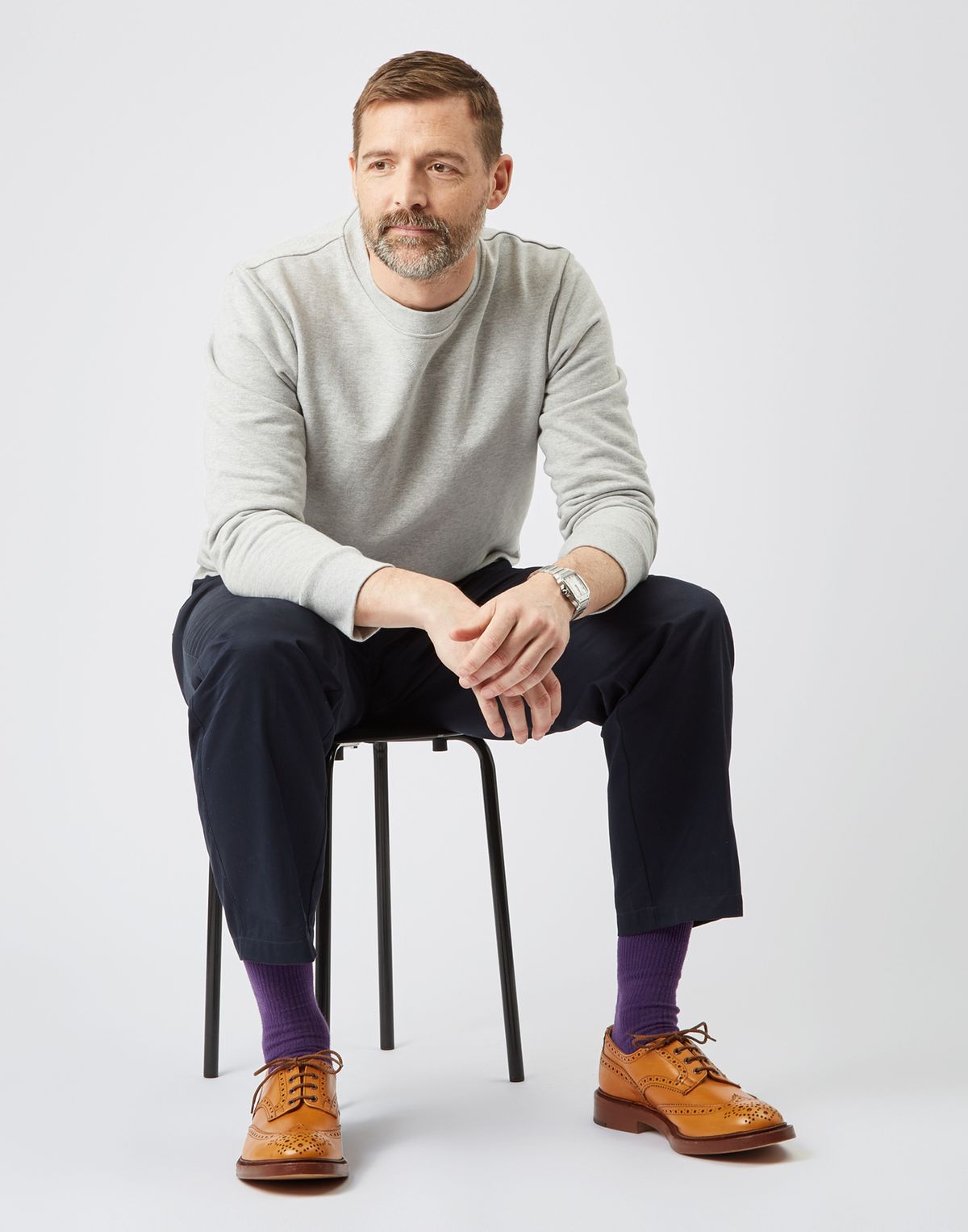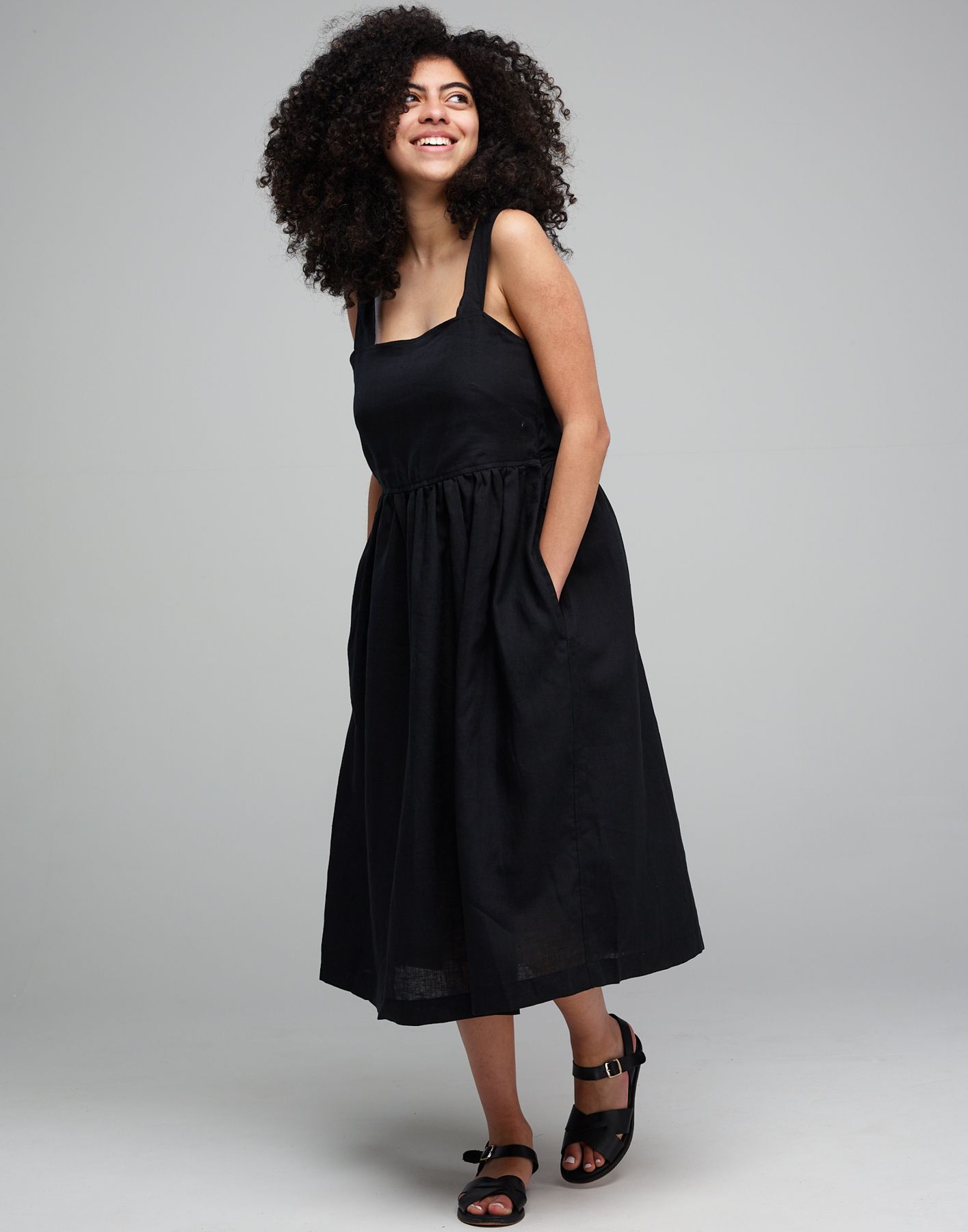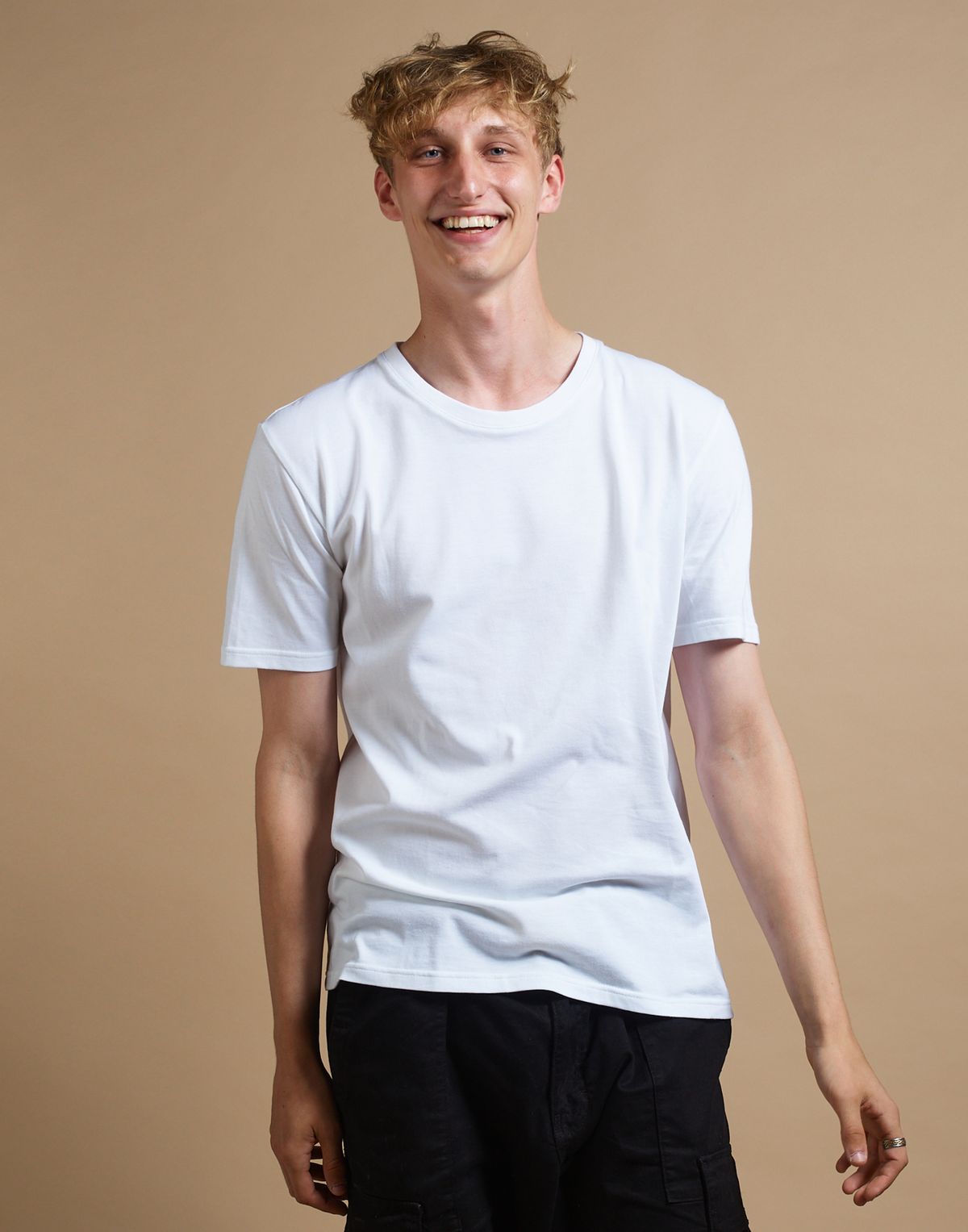WORDS
Peter Howarth
In 2016 Patrick Grant – of The Great British Sewing Bee fame – launched a collection. Called Community Clothing, the aim was to produce simple everyday clothes such as socks, T-shirts, jumpers and raincoats that could be sold season after season. Wardrobe classics that would encourage people to, as he puts it, ‘buy less and buy better’, and be ‘engineered for a long life and have a tiny environmental footprint’.
Community Clothing is now well established, if still something of a hidden gem. But Grant’s real achievement is that he is challenging the way companies think about producing collections. ‘I wanted to create a line of very high-quality, affordable British-made clothes, and by doing that sustain and create jobs in British textile-making communities,’ he explains. These communities, typically in places like Yorkshire, Lancashire, the East Midlands and the South of Scotland, have a tradition of making great apparel and are where jobs in textile and clothing manufacturing have long been hugely important to the local economy.
‘The big idea,’ explains Grant, ‘is that by building a business model that is completely different to the standard way that clothing companies operate, we take away the normal costs of doing this sort of work. And by doing that, we are able to give much more of the money to the people who are making the clothes.’
Grant explains that for a ‘normal high street retailer’, for every pound we spend, under 25p goes to those who produce the product. ‘That’s the growers, spinners, dyers, weavers, cutters and sewers,’ he says. ‘In our case, they get around 65p. It’s a radically different business model, where more of the value is flowing into the pockets of those who actually create the things you are buying.’ This has the effect of helping these manufacturers thrive and survive, in a climate where so many British fashion companies have decided to make abroad.

But the “community” in Community Clothing doesn’t just refer to the workers. It is also a reference to the community of consumers who benefit from its innovative methods.
‘We make pieces that are non-seasonal,’ says Grant. ‘Because of this we are able to produce in periods when the factories would typically be quiet, using factory time between their busy periods, all year round. This not only increases their efficiency, but also reduces the cost, and that means that we can pass the saving on to the consumer. The quality of our product, pound for pound, is second to none; I am completely confident that you will not find better anywhere close to the prices we charge.’
Many of the factories Community Clothing has a working relationship with – there are currently 34 – are hundreds of years old and family-owned, and are also making clothing for well-known designer and luxury brands.

‘Our socks retail for £4.90, and are made in a factory that makes socks that others sell for £18 and £22,’ says Grant. ‘And our cotton T-shirts are £20, and are the same quality as those that sell elsewhere for £60-£70. The nice thing about our T-shirt is that the cotton is spun in Manchester, the jersey is knitted in Leicester, it’s dyed and finished in Leicester, too, and then cut and sewn in Blackburn. It’s UK-made and actually uses a tiny number of “clothing miles”, which is great for sustainability.’

Six years after he started it, Grant is proud of where Community Clothing has got to: ‘In a world where most low-cost clothing is terrible quality and terrible for people and the environment, we offer something very different. Because of the unique way we work, we’re making great clothes that are sustainably and ethically made at a price which is affordable for many people. And that’s great for consumers, great for the planet, and great for the UK textile communities we support.





